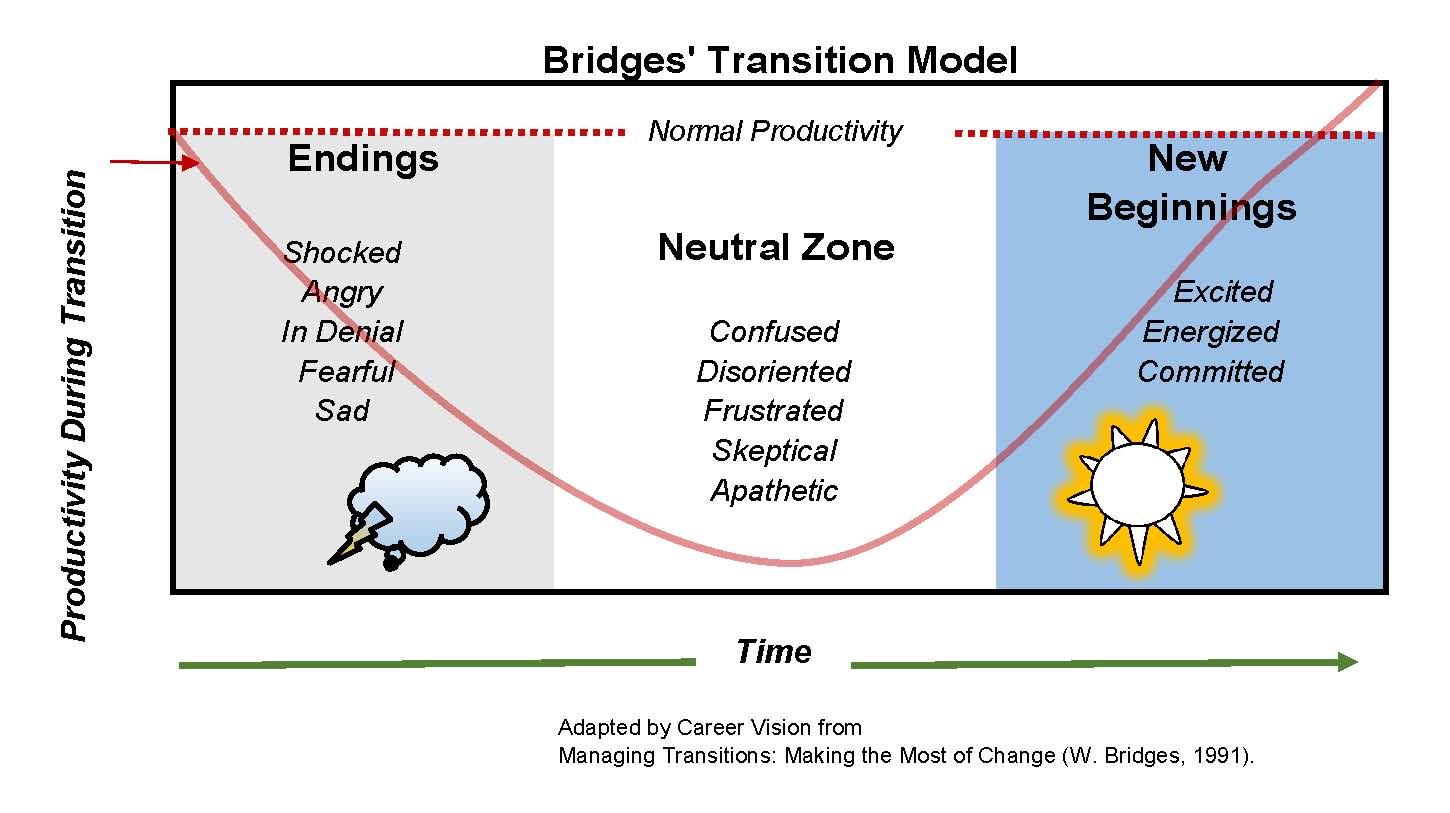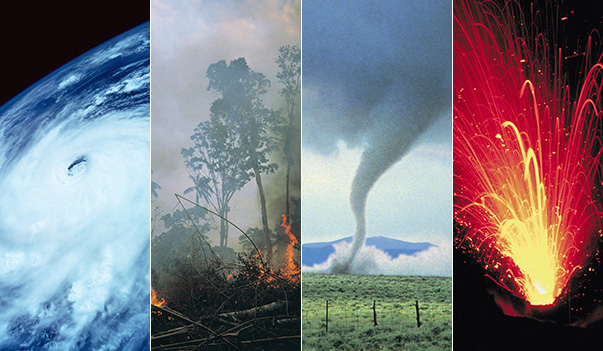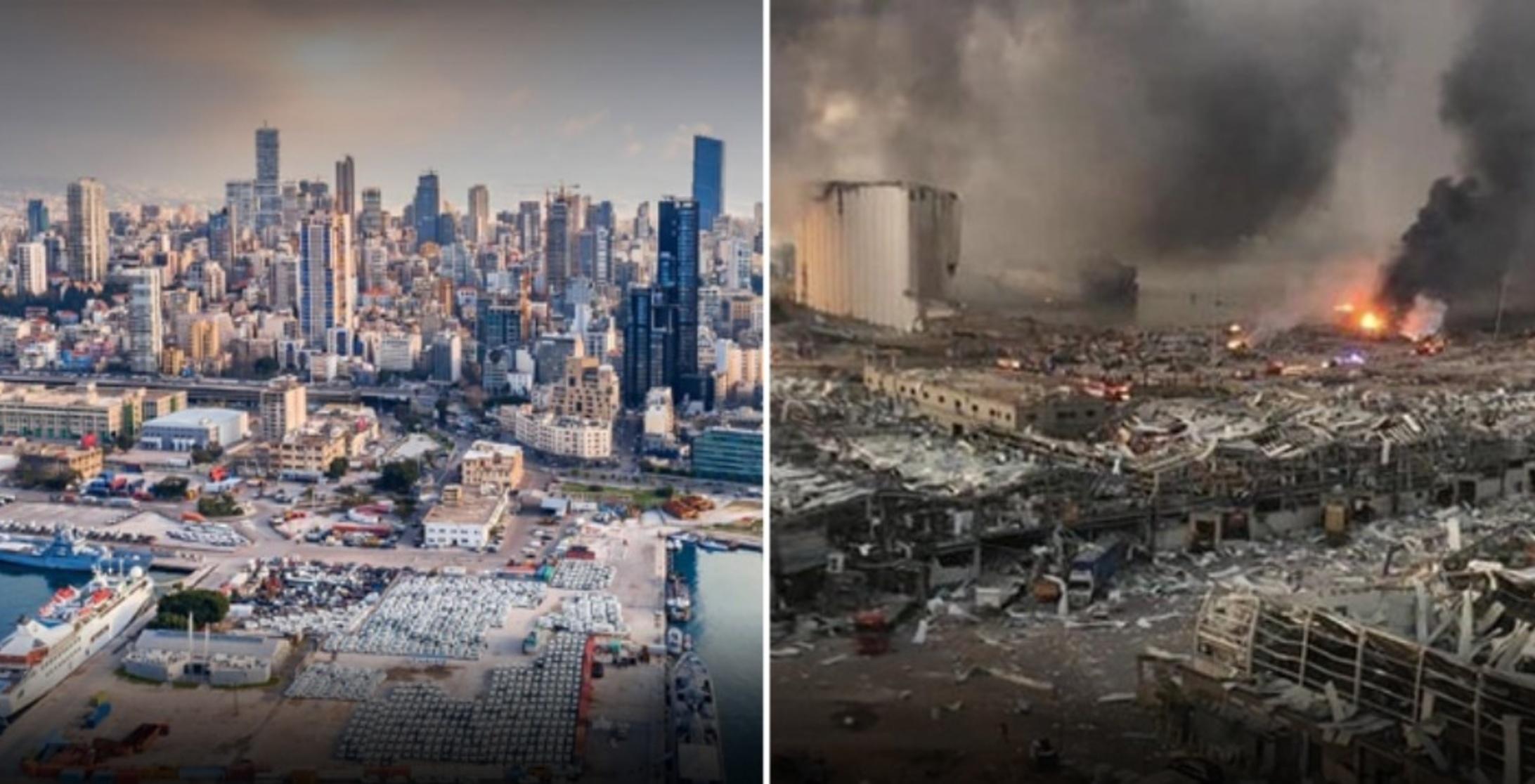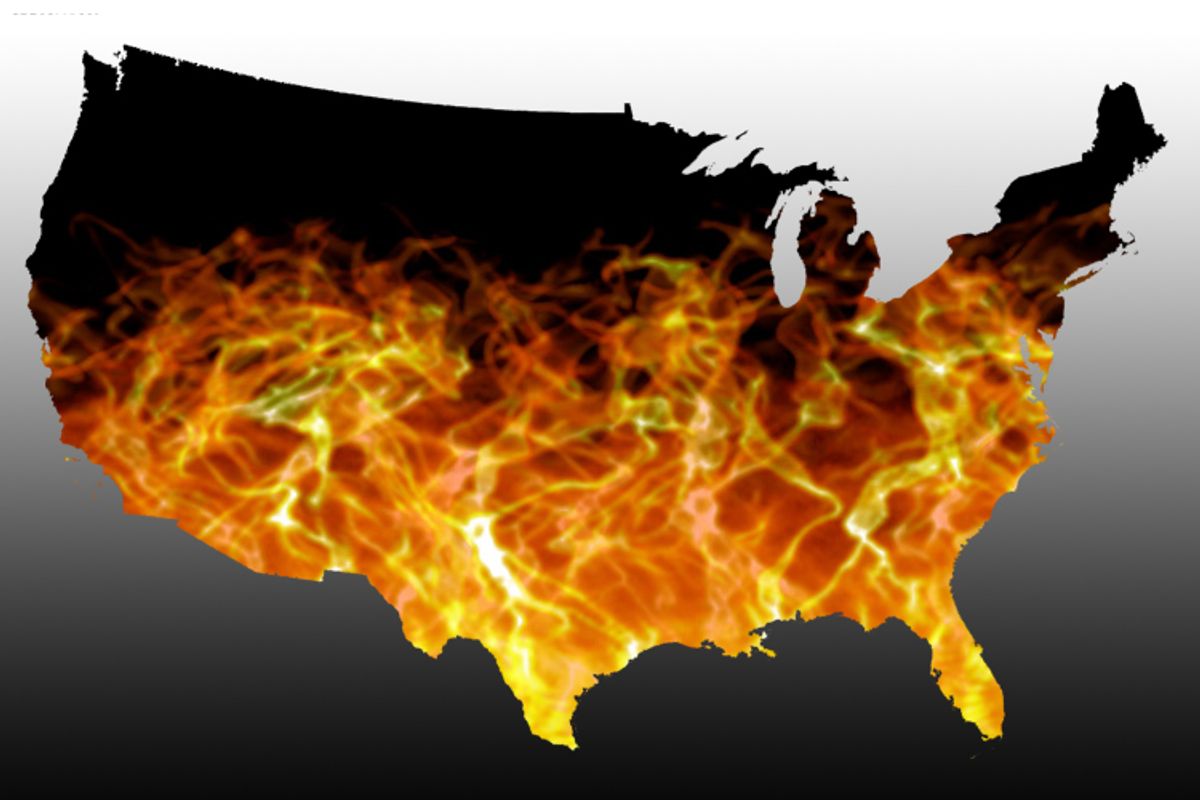Self-preservation: the protection of oneself from harm or death, especially regarded as a basic instinct in human beings and animals. (merriamwebster.com)
Self-preservation is a skill that is important for life to continue, it’s what helps us anticipate risk and keep us safe. This historically instinctual habit seems inherent, something that will simply kick in when necessary. However, this skill is connected to our emotions, as most human concepts are, and anything that deals with emotions can be manipulated and twisted if we are not careful.
Learning from the past
Self-preservation is something I know a lot about, for while I was born during a time of relative peace, my own personal life was full of dissonance, chaos, and ambiguity. My parents divorced when I was six; a messy and angry divorce full of hurt feelings and a lot of pain.

Adults surrounding me during this time were young, inexperienced, and grew more and more self-absorbed as time went on, focused solely on finding their way out of the hell they had created. I could feel, even at six, that this path they were traveling was too much for them, and I “knew” they would be unable to help me in my quest: my quest to not just stay alive, but to explore and understand the world, and to become a happy, well-adjusted person who lived a meaningful life.
Finding A Way Forward
In order to combat this war zone that constantly affected my life, I started to tap into my self-preservation. Planning for the future became my life, learning as much about the outside world as possible was my duty, so that I could create the best possible life and fortify it against any chaos that could disrupt it.
Things grew worse as my parents separated and new adults entered my life. Stepparents that either wanted to hurt me, control me, or act spitefully towards me became overbearing; heavy blankets that threatened to crush me before I was able to reach my dreams. Still, I soldiered on, knowing that someday, if I could just keep pushing forward, I could be far away from them and anyone that hurt me. Gratefully, my self-preservation muscles grew strong and resilient.

A Saving Grace
In my life, self-preservation was my savior. I learned what I needed from books, movies, television, school, and I learned what NOT to do by watching almost everyone around me. Admittedly, not everyone was horrible all the time. Bright spots popped up providing me solace and love at different times of my life, but often were fleeting or intermittent, and soon enough the blanket of tyranny was back again.
Self-preservation became my saving grace and helped me to not only create a life I love dearly but (probably more importantly) become the person I am today. Resiliency took time, and I stumbled a lot, but having that vision of what I wanted my life to become really helped me face my fears AND my failures as I moved through time.
Perhaps one may feel that this is the end of the story. A story of triumph, of learning, of strife and perseverance. While I hope that my story brings a speck of inspiration to others in a similar experience, my story must be balanced with the nuance necessary for our environment today.
The nuance of self-preservation
Self-preservation can be a helpful ingredient to pull us from despair and help us achieve our goals. However, too much self-preservation can lead us to an insular, wary, suspicious existence if we are not careful. Earlier I mentioned that I grew up in a time of relative peace. It was my internal world that was at war.
Our environment is an important part of the equation as the right thing at the wrong time can cause disastrous results. While doing the hard work of becoming who we are meant to be, we must have a safe space to run to when that work becomes exhausting. Having only my internal world to fight but an external world of peace allowed me to retain and strengthen the necessary Moxy I would need to survive my internal chaos, while still reaching out and connecting with the world around me. Remember the bright spots? That was what I was hoping to recreate consistently in my world. Remember the media that I absorbed? Much of it was extremely age-appropriate while sharing a world of connectedness, caring, adventure and peace.
A different world
We do not live in that same environment today. Our outside world is chaotic, fear-inducing, and full of the unknown. Environments of this sort can cause our connections to break down, and we shrink our physical world. We close ranks in order to keep our loved ones safe. Adding even more self-preservation to this equation pushes all of us further into our homes and creates enemies everywhere.

Throughout these hard times, we need to remember that our connections are what make life worth living and add to our overall well-being. Technology cannot save us from this fact. Humans will always need each other even we would like to wish this were not the case.
People are starting to feel abandoned. Abandoned by their governments, their communities, their neighbors, friends, and families. This can make us want to run away, hide away, and only deal with what is right in front of us.
The kicker is that this is a good place to start.
The issue is, this is no place to stay.
Where to Start
Gaining a better sense of self-preservation to get your “ish” together is necessary during hard times. Times where resources are tight, life is difficult, and chaos reigns. Today, we live in a world where distractions are overwhelming. Where you can find anything and everything you would want to “feel good” allowing us to disregard our conscience and our need for self-preservation. Similar to the frog slowly boiling in the pot, our self-preservation can be overwhelmed with slow, consistent pain.
So please, do look inward to deal with emotional baggage, define dreams, and create a vision for the future.
However, remember to balance that with the relationships we need to help us remember we are a species that thrives when we have connection. Disconnection leads to isolation, depression, added anxiety, and shortens our lives. So, how do we balance self-preservation and connection?
How to Balance
*Create Your Culture – We like to think about culture in terms of food, clothing, and holidays, but culture starts with our beliefs, values, and attitudes. Take a look at this picture – each of these concepts can look different depending on where we live.
How would each of these concepts be described in your life? If you have never thought about a concept before, do research before going with your gut feelings.

*Define your Tribe – Think about all of the relationships you had 5 years ago, how many still exist in your life today?
Research has shown that the pandemic has decimated our weak ties – “people that live on the periphery of our lives”. Those people that added something nice to our day, or friends we do not talk to often, are just as important to keep us tethered to humanity as our everyday tribe members. Weak ties can help us exercise our empathy muscles in new ways, keeping them in shape for when we really need them.
Old Templates Die Hard
Change is hard. Fighting against the overwhelming barrage of distractions is difficult. This is why our world is dying. But there is hope. We can both strengthen our self-preservation AND keep our connections strong, we just need help to see how. The old templates we were taught will not work as effectively any longer. We must find new ways to create our path forward. We all want a world where we feel comfortable, where we feel cared for and about, where we can live our purpose. Following the Essential Elements of Life can provide a new template to bring about that future for us all.
If you, or someone you know, is struggling with all of the change, finding difficulty dealing with emotional pain, hurt feelings, or distractions please check out our programs and see how we can help.

Copyright 2022 – Maven Source International, LLC






















